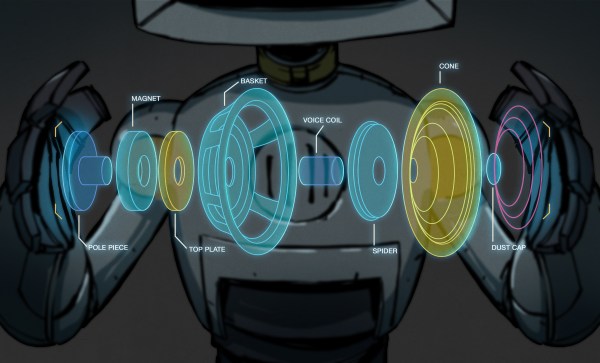Discord had a data breach back on September 20th, via an outsourced support contractor. It seems it was a Zendesk instance that was accessed for 58 hours through a compromised contractor user account. There have been numbers thrown around from groups claiming to be behind the breach, like 1.6 Terabytes of data downloaded, 5.5 million user affected, and 2.1 million photos of IDs.
Discord has pushed back on those numbers, stating that it’s about 70,000 IDs that were leaked, with no comments on the other claims. To their credit, Discord has steadfastly refused to pay any ransom. There’s an interesting question here: why were Discord users’ government issued IDs on record with their accounts?
The answer is fairly simple: legal compliance. Governments around the world are beginning to require age verification from users. This often takes the form of a scan of valid ID, or even taking a picture of the user while holding the ID. There are many arguments about whether this is a good or bad development for the web, but it looks like ID age verification is going to be around for a while, and it’ll make data breaches more serious.
In similar news, Salesforce has announced that they won’t be paying any ransoms to the group behind the compromise of 39 different Salesforce customers. This campaign was performed by calling companies that use the Salesforce platform, and convincing the target to install a malicious app inside their Saleforce instance. Continue reading “This Week In Security: ID Breaches, Code Smell, And Poetic Flows”

















